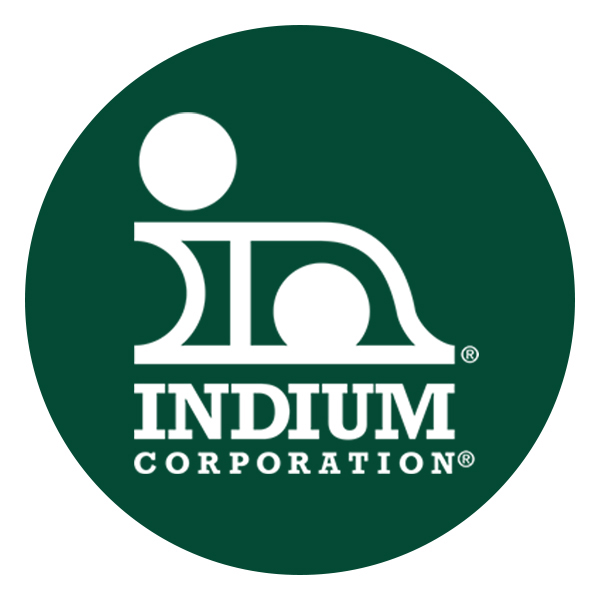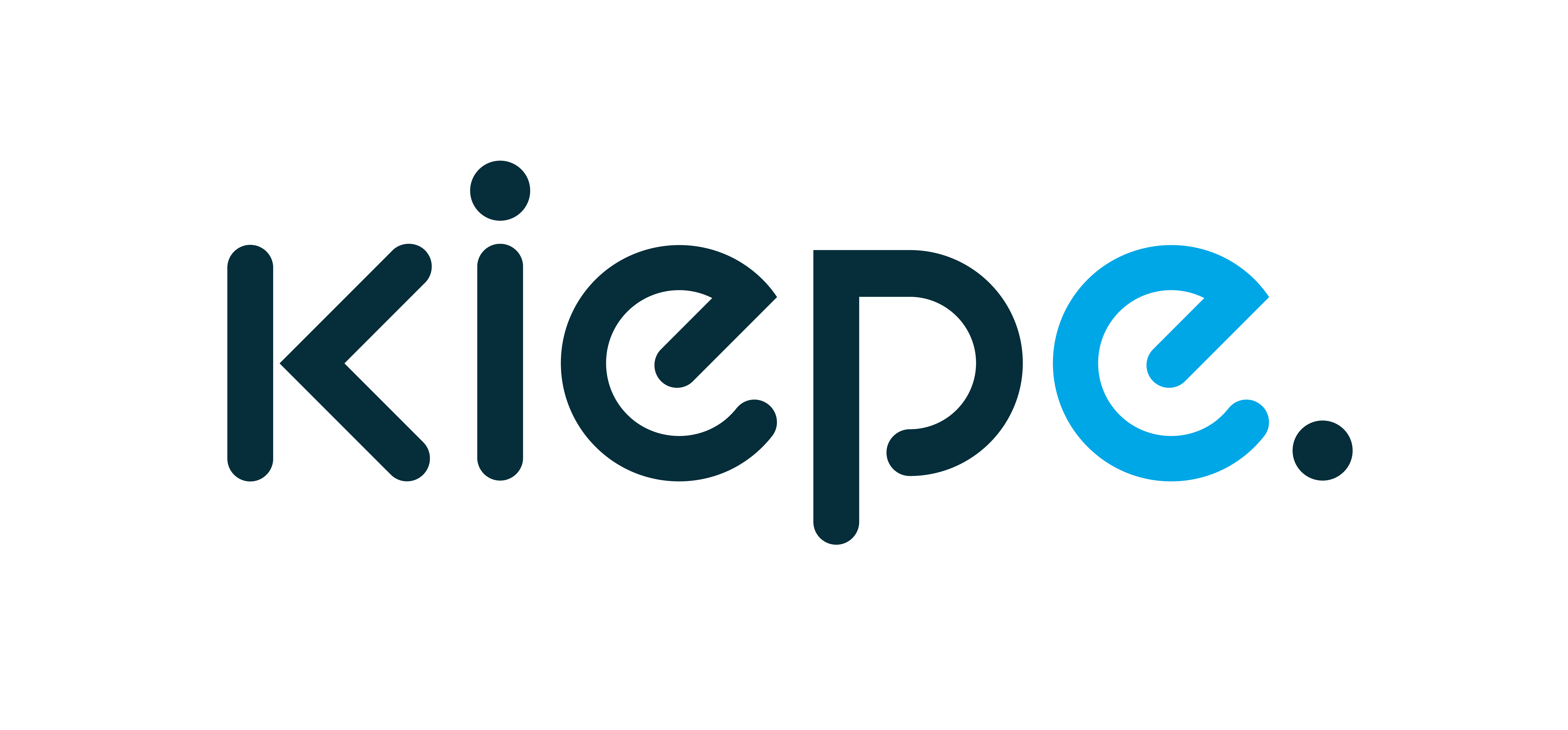Grid
Emulator charges big trucks and aircraft
Researchers in the US have developed an emulator for a 20 MW charging system for heavy-duty electric trucks and aircraft, writes Nick Flaherty.
In 2024, US companies deployed more than 15,000 medium- and heavy-duty EVs, including battery-electric semi-trucks, passenger buses and delivery vans.



















